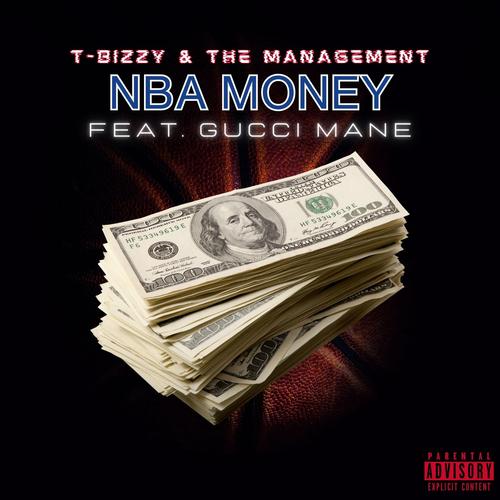Understanding the Financial Impact of NBA Games
When you think about the NBA, the first thing that comes to mind might be the intense competition on the court. However, the financial aspect of NBA games is equally fascinating. One crucial aspect of this financial landscape is the revenue generated by NBA stadiums during each game. Let’s delve into the various dimensions of this topic.
Box Office Revenue
Box office revenue is a significant source of income for NBA stadiums. This revenue comes from ticket sales to fans attending the games. The average ticket price for an NBA game can vary widely, depending on the team, the opponent, and the demand for seats. According to a report by Statista, the average ticket price for an NBA game in the 2021-2022 season was around $85. However, this figure can be much higher for popular teams or high-demand games.

Let’s take a look at the average ticket prices for some of the most popular NBA teams:
| Team | Average Ticket Price |
|---|---|
| Los Angeles Lakers | $125 |
| Boston Celtics | $115 |
| Golden State Warriors | $100 |
| Chicago Bulls | $95 |
| Los Angeles Clippers | $90 |
As you can see, the average ticket price for these teams is significantly higher than the overall average. This is due to the popularity and demand for their games.
Merchandise Sales
In addition to ticket sales, NBA stadiums generate revenue through merchandise sales. Fans often purchase team apparel, souvenirs, and other memorabilia during games. According to a report by the NBA, merchandise sales accounted for approximately 10% of total revenue for NBA teams in the 2020-2021 season.
Merchandise sales can vary widely depending on the team and the event. For example, during a championship game, merchandise sales can skyrocket as fans rush to buy limited-edition items.

Concessions and Food Sales
Concessions and food sales are another significant source of revenue for NBA stadiums. Fans spend money on snacks, drinks, and other concessions during games. According to a report by the NBA, concessions accounted for approximately 15% of total revenue for NBA teams in the 2020-2021 season.
Concessions revenue can vary depending on the game, with higher-demand games leading to increased sales. Additionally, stadiums often offer premium dining experiences, such as luxury suites and club seats, which can command higher prices.
Advertising and Sponsorship
Advertising and sponsorship are crucial components of NBA stadium revenue. Teams and stadiums generate income through various advertising opportunities, including billboards, signage, and in-game advertisements. Sponsorship deals with companies can also provide substantial revenue.
According to a report by the NBA, advertising and sponsorship accounted for approximately 20% of total revenue for NBA teams in the 2020-2021 season. These deals can be worth millions of dollars, with some teams securing multi-year agreements with major brands.
Other Revenue Streams
In addition to the aforementioned revenue streams, NBA stadiums may generate income from other sources. These can include parking fees, luxury suite rentals, and corporate partnerships. While these sources may not contribute as significantly as the primary revenue streams, they can still provide a notable boost to the overall revenue.
For example, parking fees can generate a substantial amount of revenue, especially during high-demand games. Luxury suite rentals can also be a significant source of income, as these suites often come with premium amenities and offer a unique game-day experience.
Conclusion
Understanding the financial impact of NBA games is essential to appreciate the complexity of the NBA’s business model. From box office revenue to merchandise sales, concessions, and advertising, NBA stadiums generate income through various channels. While the primary focus is on the on-court action, the financial aspect of NBA games is equally compelling.


